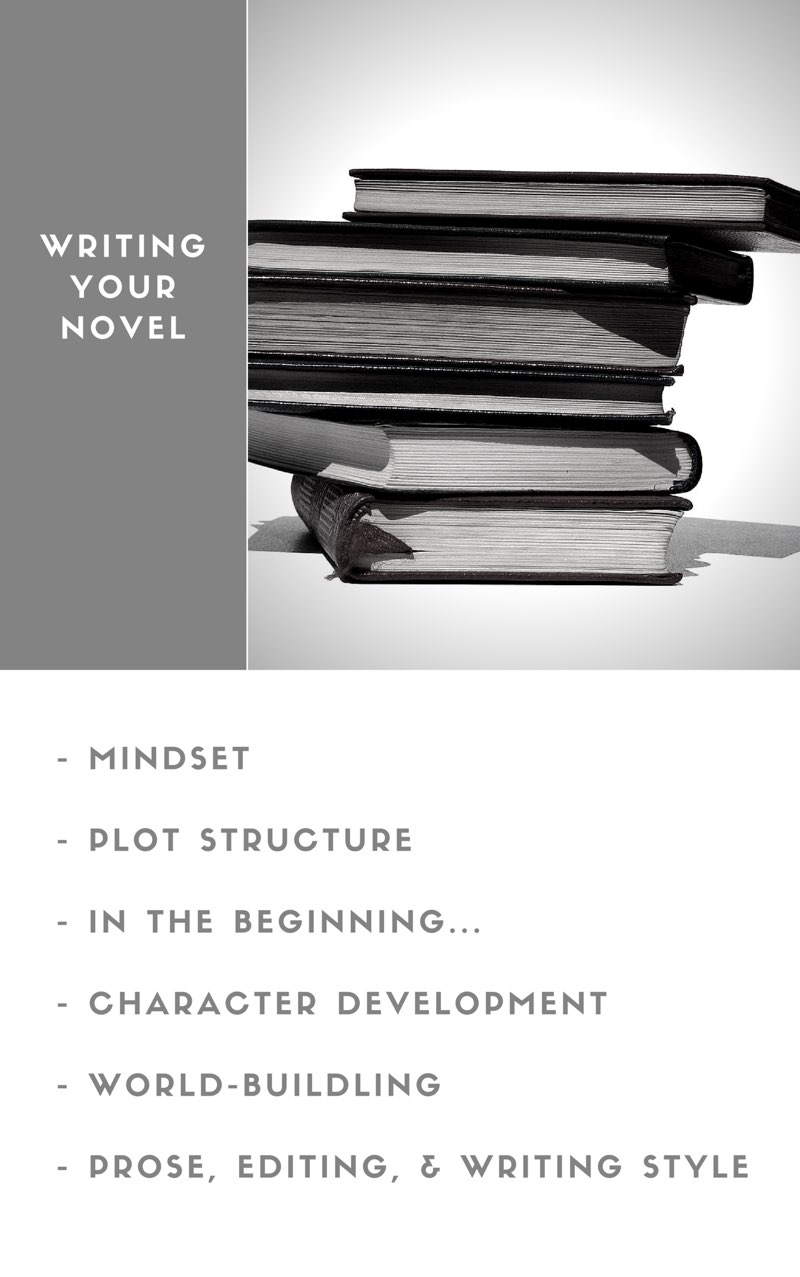Copyright 2016 A.J. Flowers
All rights reserved.
 Created with Vellum
Created with Vellum
Contents
I.
II.
III.
IV.
V.
VI.
VII.
VIII.
IX.
X.
I.
Introduction
Welcome to "A Guide to Writing Your First Novel!" I am your host, A.J. Flowers. This is a compilation of everything Ive learned over the past few years in writing. This guide encompasses all youll need to know for how to get started with your first novel, or improve your current one, and is designed to keep you from making the same mistakes many aspiring writers encounter along the way.
What to expect:
Resources You Need
This is not just a guide, but a resource guide. The biggest time-sink when first starting out is getting the right advice. Ive compiled all the basic writing rules here and supplemental resources to support them. If youre just starting out, theres a lot of studying you need to catch up on. Ill help you cut through the fat and get to the good stuff.
Mistakes to Avoid!
Hindsight is 20/20. Ill save you months, if not years, by helping you to quickly fix mistakes thatll get your work thrown in the rejection pile. Dont just take my word for it; listen to other authors whose interviews are in this guide. They explain what worked for them and what they would have done differently.
Marketing Insight & Agent/Publisher Interests
Theres a large list of winning pitches from Twitter Pitch Contests at the end of this book. The most important skill you need to develop as a writer trying to sell published work is making a killer pitch. Dont ignore this section just because its a lot to digest! You dont have to have a Twitter account to benefit, but if you dont, youre missing out on a great writers community.
How to Use this Guide:
Some of the writing rules listed in this guide may seem rudimentary. (It is a guide for beginners, after all.) However, even if something seems simple, I want you to go along with it anyway. I guarantee many of the writing rules you already know you also may feel dont apply to you. (How do I know? Because that was me!) The only time you can break rules is after youve already followed them. Very few debut novels are praised for their literary genius by not following a three act structure or having awkward "stylistic" prose. Try following the rules first, and once youre a big deal, break them to your hearts content.
The best bit of advice I can give is to stay humble, keep an open mind, and always be willing to challenge your work. Seeking help from others is a great first step, and Im here to guide you on what you can not only learn from me, but the other giants in this industry. Throughout this guide you will find linked resources which will include blog posts, Twitter feeds, magazine articles, and books. For other books, links in this guide will direct you to the supplemental website resource sheet which is compiled for easy reference. And as always, feel free to reach out to me personally. Im here to help!
Who Are You Writing For?
All right, lets get started! You may have already written a draft, or are considering writing one. No matter which boat youre in, you need to have the right mindset to accomplish your goals. First of all, lets decide if your goal to write a super great (but belongs under your pillow) dream journal, or a publishable novel.
Have you considered who will read your book? Let me rephrase that: Who will want to read your book? Probably not. If youve already written your first book, you likely took the first few years to get through the grueling draft you believed would never end. Then end it did, and you couldn't have been more thrilled! What did you do next? If you're like most first-timers, you think the hard part's over and you're ready to be published. But that's not how it works. The editing and revising process should take twice or even three times as long as it did to even write the first draft!
For now, lets back up and get our heads screwed on straight. The million dollar question is "Who is your audience?"
Those of you not quite following me yet, allow me to give an example.
John is twenty-one, handsome, graduating from college and ready to end his "single" status. So, John decides to go on a blind date with a girl named Emily.
John is a simple guy and fully believes that if he meets the right girl, she's going to "love me for me." So, on his first date, he doesn't wear anything special. He shows up in his favorite 90's Tee with an old stain on the side. He meets a nice girl, but doesn't ask about her background, instead he just talks about himself. He has a great time, they order burritos because he invited her to his favorite Mexican fast food joint and he laughs when she gets mad he tried to eat salsa off her plate.
Two weeks later... Emily still hasn't called back. I guess she wasn't the right girl for me...
No, John. You weren't the right guy for her. You didn't once consider presenting yourself for the occasion, nor did you consider what she wanted to hear. You only did what you wanted to do and it blew up in your face.
This can be applied to writing. Sure, you can expect the reader to "get you," and appreciate your style and voice. Or, you can do your research and gear your writing towards something that will appeal to your readers. This, my friend, is your target audience. I hope with this analogy you realize the nuance between writing for yourself, and writing for your target audience.
No matter how much we might wish it, there is no target audience with "Your Name Here" branded on their forehead (unless you're Matt Damon). You have to understand who will read your books. Are you writing for young adults? Then you need to use phrasing they will understand, situations they can relate to, and characters they will enjoy reading about. I don't care how much you love talking about Andy Griffith, it's just going to fly over their heads and bore them.
In my case, without proper editing I tend to use an edge of purple prose with high, almost scriptural, way of writing. My favorite genre is high fantasy mixed with paranormal, not so much a focus on politics but a turmoil of character emotion. I know it's not what's expected, and I know it's not what people want to read, but that's what I like. Revisions come with a large strain and sacrifice to change my writing from "I wrote this for me" to "I wrote this for you." And just because I have read a few favorite books that accomplish purple prose in their style and were published by the big 5 doesn't mean "Oh look, they did it so I can do it too!"
Ok sure, there are exceptions, and that's what is so wonderful about this industry. There are no ultimatums. But there is a standard, and unless you're the special 2%, you're going to have to conform yourself to that standard, at least to an extent. And then, once you're established, you'll have the platform and fan base to loosen your belt and relax if you really want to.
If you find yourself struggling to get an agent's interest, or building up a fanbase, take a good, long look at your work. Did you write it only for yourself? Is this really just an extravagant and well-thought out diary entry? Or is this something you've polished for others to read and enjoy? Have you considered their tastes and expectations?

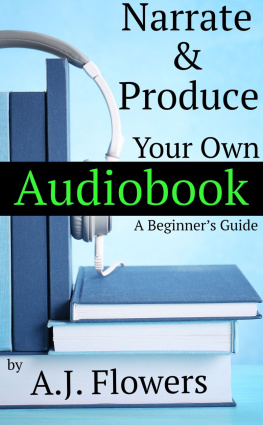

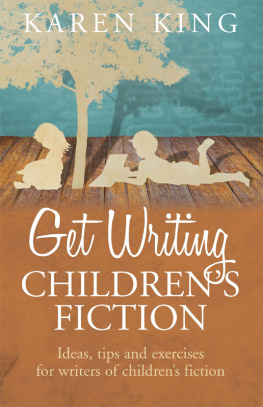
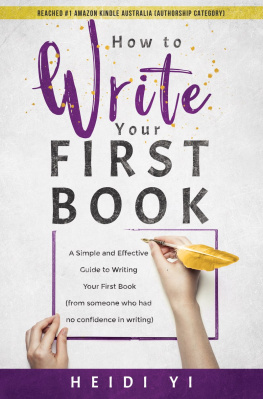
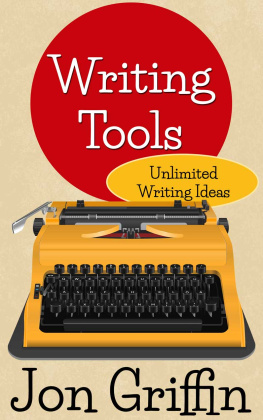
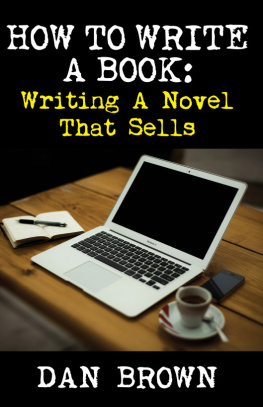
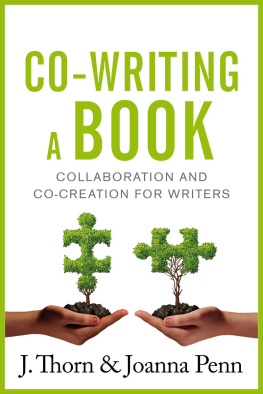
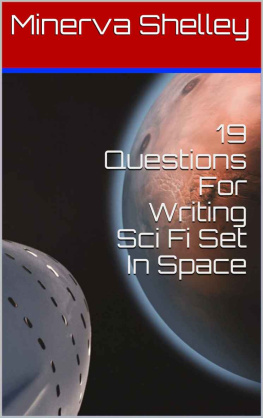
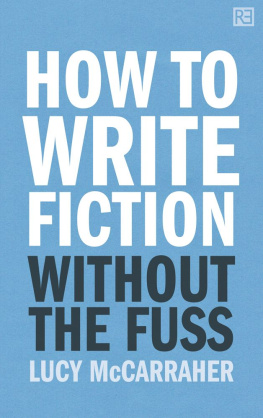
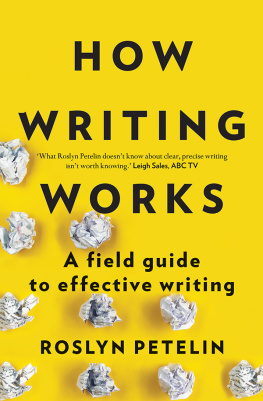
 Created with Vellum
Created with Vellum